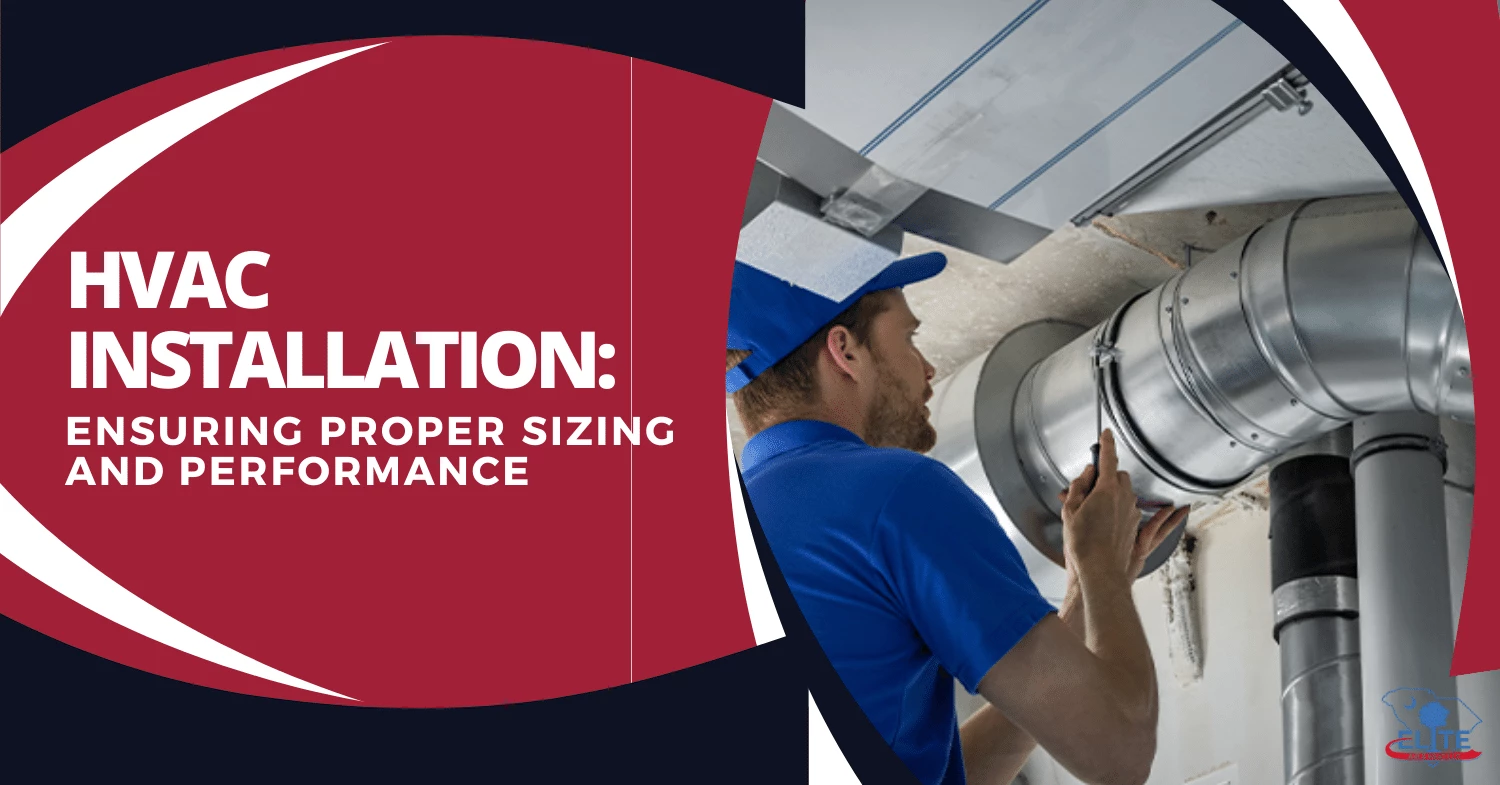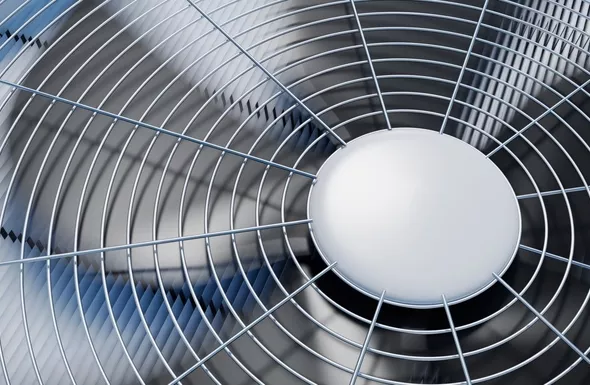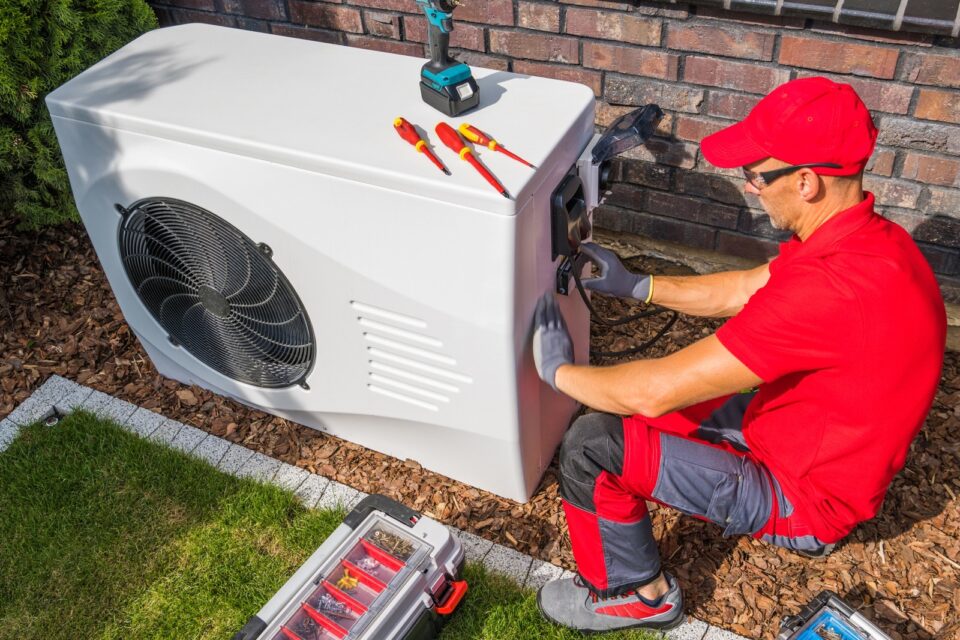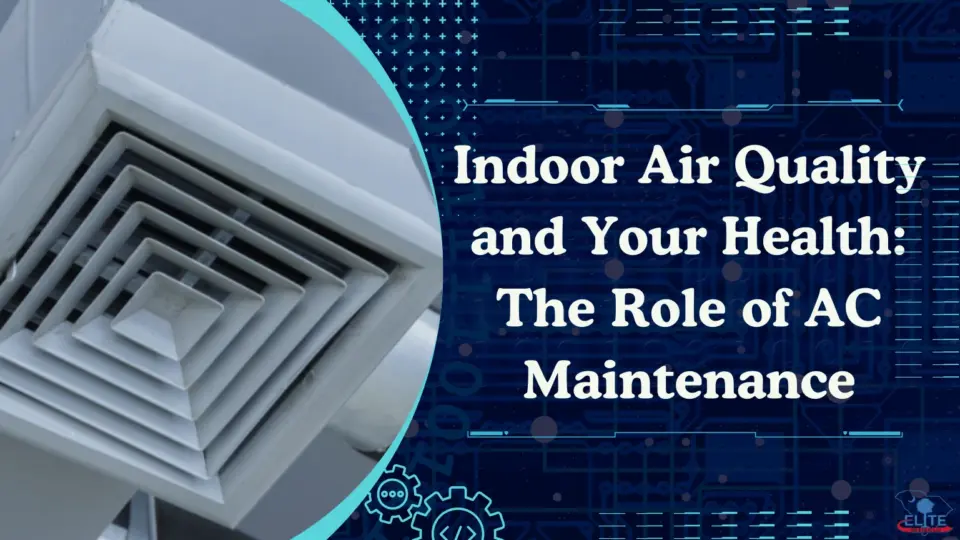
Several crucial factors must be considered when determining the appropriate sizing for A successful HVAC system installation hinges on meticulous attention to two critical factors: proper sizing and performance.
In this complex world of heating, ventilation, and air conditioning, it’s not just about the equipment but also about how it seamlessly integrates with the unique characteristics of your space.
From residential settings to commercial establishments, understanding the importance of sizing your HVAC system correctly and ensuring its peak performance is fundamental
What factors should be considered when determining the appropriate HVAC system size for a home during installation?
When determining the appropriate HVAC system size for a home during installation, several factors come into play:
- Square Footage: The home’s total area is a significant determinant of the heating and cooling capacity required.
- Climate: Homes in areas with extreme weather conditions will have different HVAC requirements than those in moderate climates.
- House Layout: The layout, including the number of floors and room configuration, can affect airflow and temperature distribution.
- Insulation Quality: Well-insulated homes retain heating and cooling energy better, requiring less HVAC capacity to maintain comfort.
- Number of Windows: Windows can be a source of heat loss or gain, influencing the heating and cooling load.
- Home Orientation: The direction the home faces can determine the amount of sunlight it receives and, thus, its heating and cooling needs.
- Occupancy: The number of people living in the home and their lifestyle can impact the HVAC load.
- Local Building Codes: Compliance with local codes may affect the size and type of HVAC system that can be installed.
An appropriately sized HVAC system offers efficient performance and energy savings while ensuring a comfortable and healthy indoor environment.
How does the proper sizing of an HVAC system impact its overall performance and efficiency?
Ensuring that your HVAC system is the right size for your space is more than just a technical detail; it’s the key to unlocking peak performance and efficiency. Let’s delve into the impact of proper sizing on your HVAC system’s overall functionality:
- Energy Efficiency: A properly sized HVAC system operates more efficiently, reducing energy consumption and subsequently lowering utility bills. It delivers the precise heating or cooling needed without unnecessary strain on the equipment.
- Consistent Comfort: Correct sizing guarantees that your space receives the ideal amount of conditioned air. This consistency eliminates uneven temperatures, ensuring every corner of your home or office enjoys optimal comfort.
- Extended Equipment Lifespan: Overworking an undersized system or the frequent cycling of an oversized one can lead to premature wear and tear. Proper sizing prevents these issues, contributing to a longer lifespan for your HVAC equipment.
- Cost Savings: Investing in the right-sized system pays off in the long run. The energy savings and reduced need for repairs or replacements result in significant cost savings over time, making it a wise financial decision.
With the right size of HVAC system, achieving efficiency, comfort, and long-term savings is possible. It’s not just about size; it’s about tailoring your HVAC solution to harmonize perfectly with the unique needs of your space, ensuring a climate-controlled environment that stands the test of time.
What are some expected consequences of installing an HVAC system that is either too large or too small for a space?
Installing an HVAC (Heating, Ventilation, and Air Conditioning) system that is either too large or too small for a space can lead to several expected consequences:
- Inefficient Energy Usage: An oversized HVAC system may cycle on and off frequently, leading to inadequate energy usage. Conversely, an undersized system will run continuously, struggling to maintain the desired temperature. Both scenarios can result in higher energy bills.
- Temperature Inconsistencies: An oversized HVAC system may cool or heat a space too quickly, causing temperature fluctuations and discomfort. In contrast, an undersized system may need help to reach and maintain the desired temperature, resulting in uneven heating or cooling throughout the space.
- Reduced Comfort: An improperly sized system can lead to reduced comfort, as it may need to adequately dehumidify the air, causing excess moisture in an oversized system or insufficient moisture removal in an undersized system.
- Shortened Lifespan: Oversized systems can experience increased wear and tear due to frequent cycling, potentially leading to a shorter lifespan. Undersized systems may have to work harder, leading to premature component failure.
- Higher Maintenance Costs: Oversized and undersized systems are more likely to require maintenance and repairs as they operate outside their optimal capacity.
- Poor Indoor Air Quality: Improperly sized systems may not filter or circulate air effectively, resulting in poor indoor air quality and potential health issues.
To avoid these consequences, it’s essential to have a professional HVAC technician conduct a proper calculation of your space’s load to determine system size, considering space footage, insulation, and climate. This ensures the HVAC system’s efficient operation, comfort, and long-term durability.
What steps can homeowners take to ensure their HVAC installation is carried out to achieve optimal sizing and performance?
To ensure that HVAC installation is carried out to achieve optimal sizing and performance, homeowners can take the following steps:
- Conduct a Load Calculation: Have a qualified HVAC technician perform a Manual J load calculation to determine your home’s heating and cooling needs accurately. This calculation considers factors such as square footage, insulation, window placement, and local climate to choose the right system size.
- Seek Multiple Quotes: Obtain quotes from several reputable HVAC contractors. Compare their system size, efficiency ratings, and pricing recommendations to make an informed decision.
- Verify Licensing and Insurance: Ensure the HVAC contractor is licensed, insured, and bonded. This guarantees that they meet the necessary legal requirements and have the appropriate coverage in case of accidents or damages during installation.
- Check References: Ask for references or read online reviews to gauge the contractor’s reputation and the quality of their work. Contact previous customers to inquire about their experiences with the HVAC installation.
- Ask Questions: Don’t hesitate to ask the HVAC contractor questions about their recommendations, equipment brands, warranties, and maintenance plans. A reliable contractor should be transparent and willing to provide information.
- Insist on a Written Contract: Before work begins, obtain a written contract that outlines the scope of the installation, including system specifications, costs, warranties, and a timeline.
- Ensure Proper Sizing: Verify that the contractor follows the load calculation results when selecting the HVAC system size. Oversized or undersized systems should be a red flag.
- Demand Quality Installation: Emphasize the importance of proper installation techniques, including correct ductwork design, sealing, and insulation. A well-installed system ensures optimal performance.
- Test and Verify: After installation, insist on system testing to confirm that it meets performance standards. This includes checking airflow, temperature differentials, and system efficiency.
- Schedule Regular Maintenance: Schedule regular HVAC maintenance with a qualified technician to maintain optimal performance. Routine check-ups can identify and address issues before they become significant problems.
By taking these steps, homeowners can ensure that their HVAC installation is carried out correctly, resulting in an efficient and appropriately sized system that provides optimal heating and cooling performance while minimizing energy consumption and operational costs.




